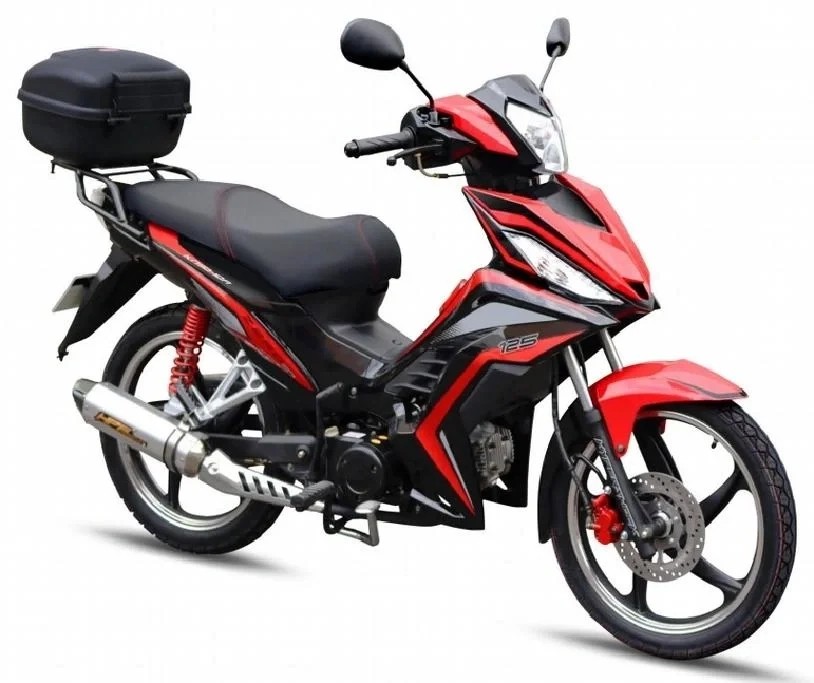Taking Flight: Unveiling the Superiority of Air Transportation over Road
2 min readIn today's fast-paced world, the choice between air transportation and road travel has become increasingly significant. While both modes of transportation have their merits, air transportation has emerged as the preferred option for many individuals and businesses. This article delves into the reasons why air transportation surpasses road travel in terms of efficiency, speed, safety, and environmental impact.
- Efficiency:
Air transportation offers unparalleled efficiency compared to road travel. Airports are strategically located, allowing for direct flights between major cities and reducing the need for time-consuming detours. Additionally, airports are equipped with advanced infrastructure, such as runways, air traffic control systems, and efficient boarding procedures, ensuring smooth operations and minimizing delays. In contrast, road travel is susceptible to traffic congestion, road closures, and unpredictable weather conditions, leading to significant time wastage. - Speed:
One of the most apparent advantages of air transportation is its remarkable speed. Aircraft can cover vast distances in a fraction of the time it takes to travel by road. For instance, a journey that may require several days by car can be completed in a matter of hours by plane. This swift mode of transportation is particularly advantageous for long-distance travel, urgent business meetings, and medical emergencies, where time is of the essence. - Safety:
Safety is a paramount concern for travelers, and air transportation excels in this aspect. Airlines adhere to stringent safety regulations and invest heavily in state-of-the-art technology, maintenance, and pilot training. The aviation industry continuously enhances safety measures, resulting in a remarkably low accident rate. Moreover, the controlled airspace and advanced navigation systems minimize the risk of collisions and provide a secure environment for passengers. In contrast, road travel is inherently riskier due to factors such as reckless driving, poor road conditions, and a higher likelihood of accidents. - Environmental Impact:
While air transportation is often criticized for its carbon emissions, technological advancements have significantly reduced its environmental impact. Modern aircraft are designed to be more fuel-efficient, emitting fewer greenhouse gases per passenger-mile compared to road vehicles. Additionally, airlines are actively exploring sustainable aviation fuel alternatives and investing in carbon offset programs to mitigate their environmental footprint. Moreover, air transportation's ability to transport large numbers of passengers and cargo in a single journey reduces overall emissions compared to multiple individual road trips.
Conclusion:
In conclusion, air transportation surpasses road travel in terms of efficiency, speed, safety, and environmental impact. The efficiency and speed of air travel make it the preferred choice for long-distance journeys and time-sensitive commitments. Furthermore, the aviation industry's unwavering commitment to safety ensures a secure travel experience for passengers. While environmental concerns persist, ongoing efforts to improve fuel efficiency and explore sustainable alternatives demonstrate the industry's dedication to reducing its carbon footprint. Ultimately, air transportation continues to revolutionize global connectivity, making the world a smaller and more accessible place.


